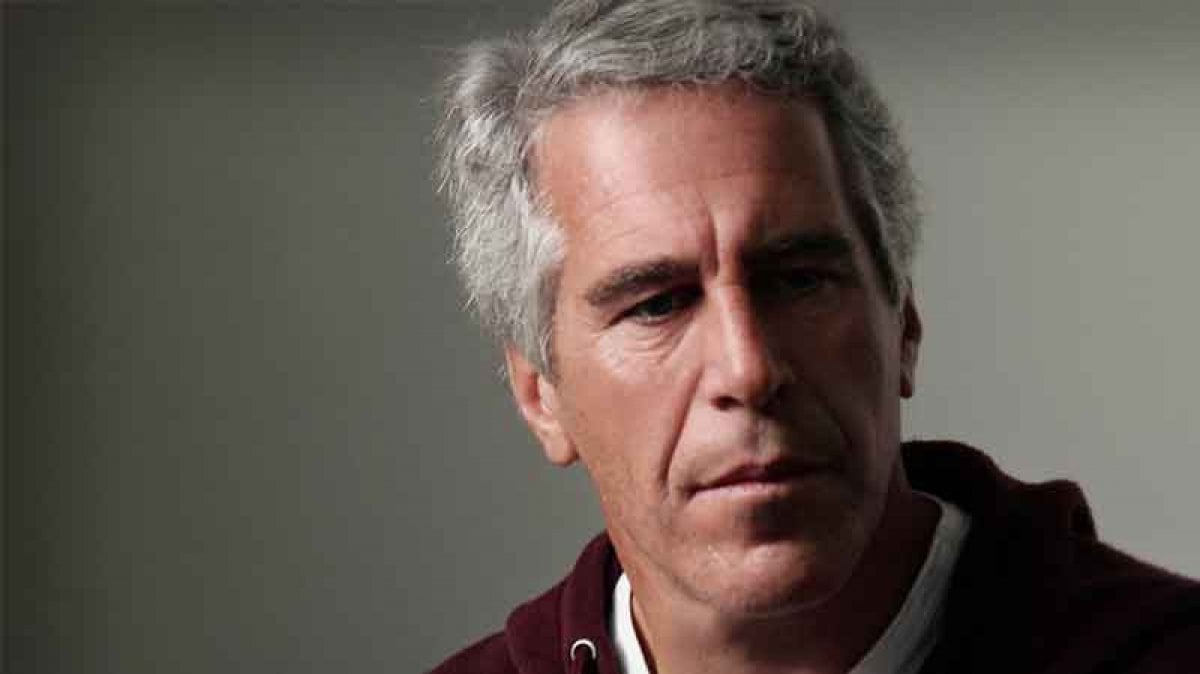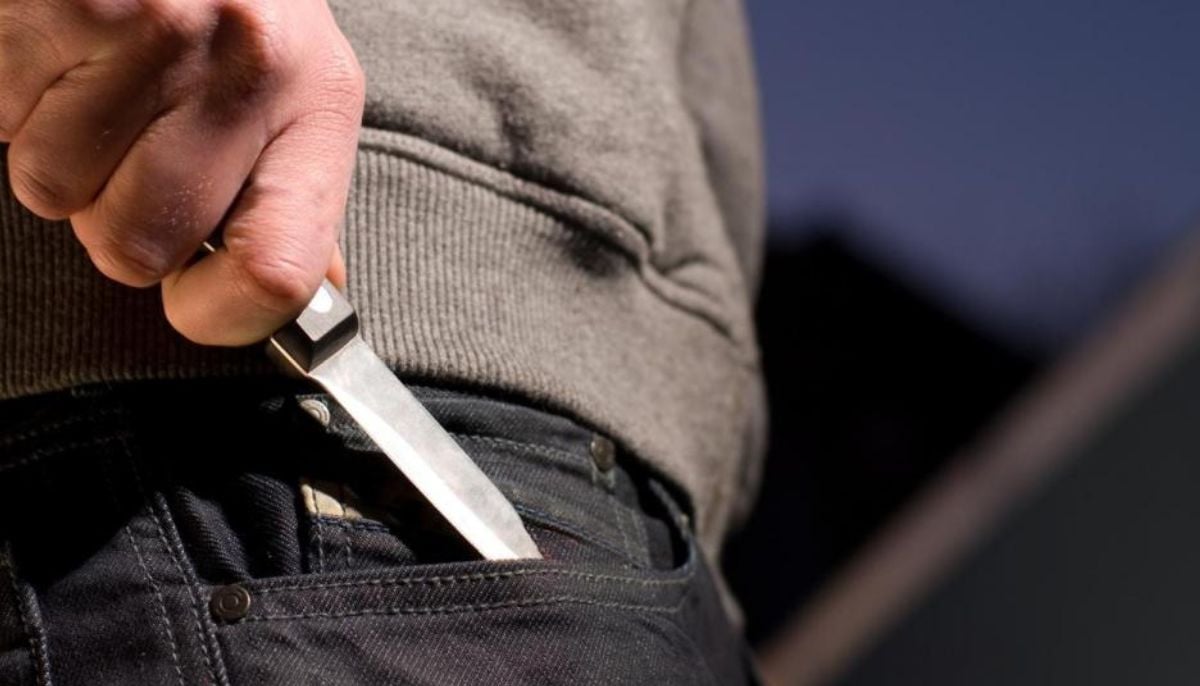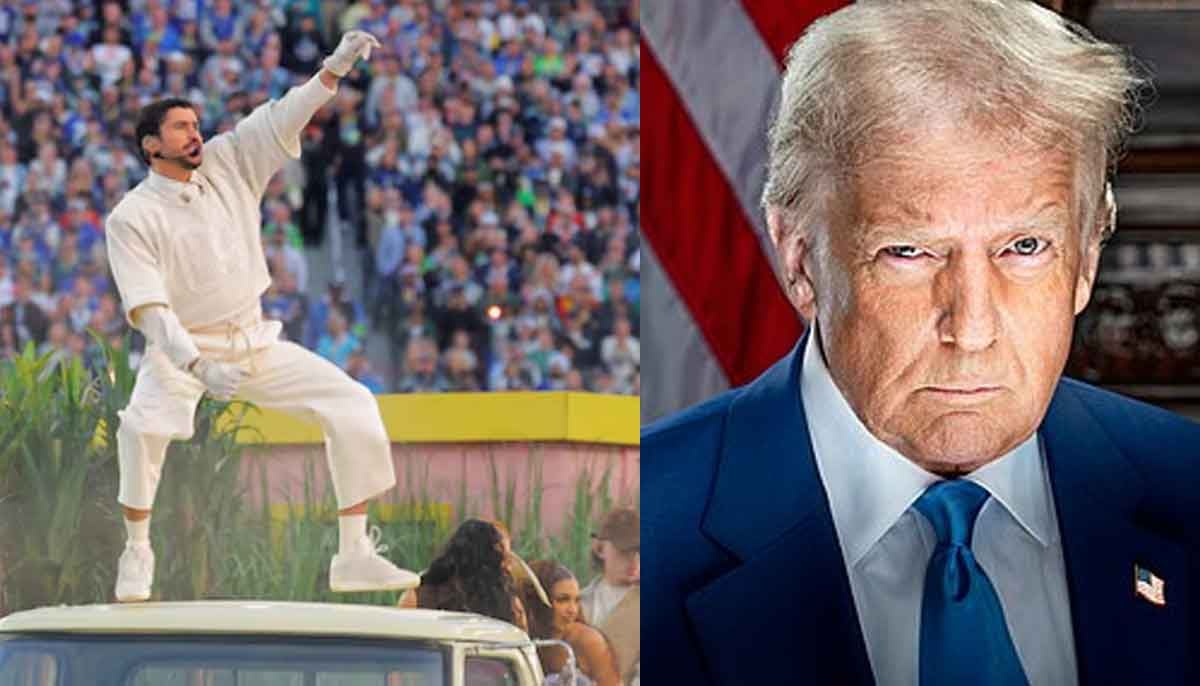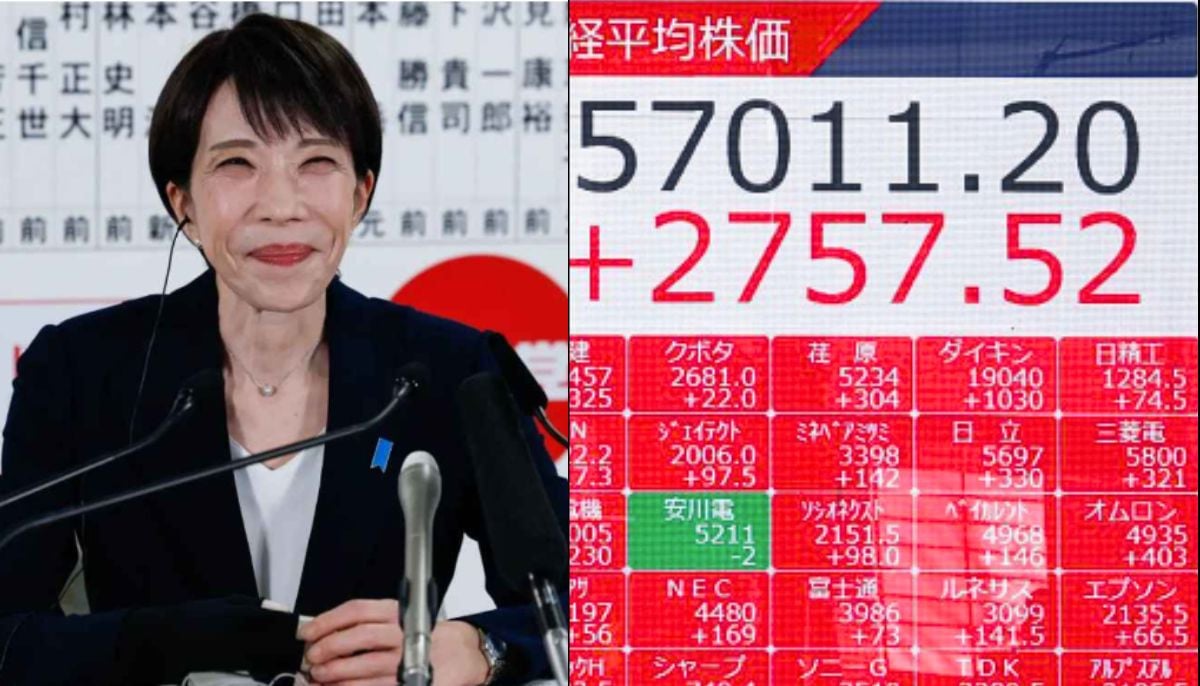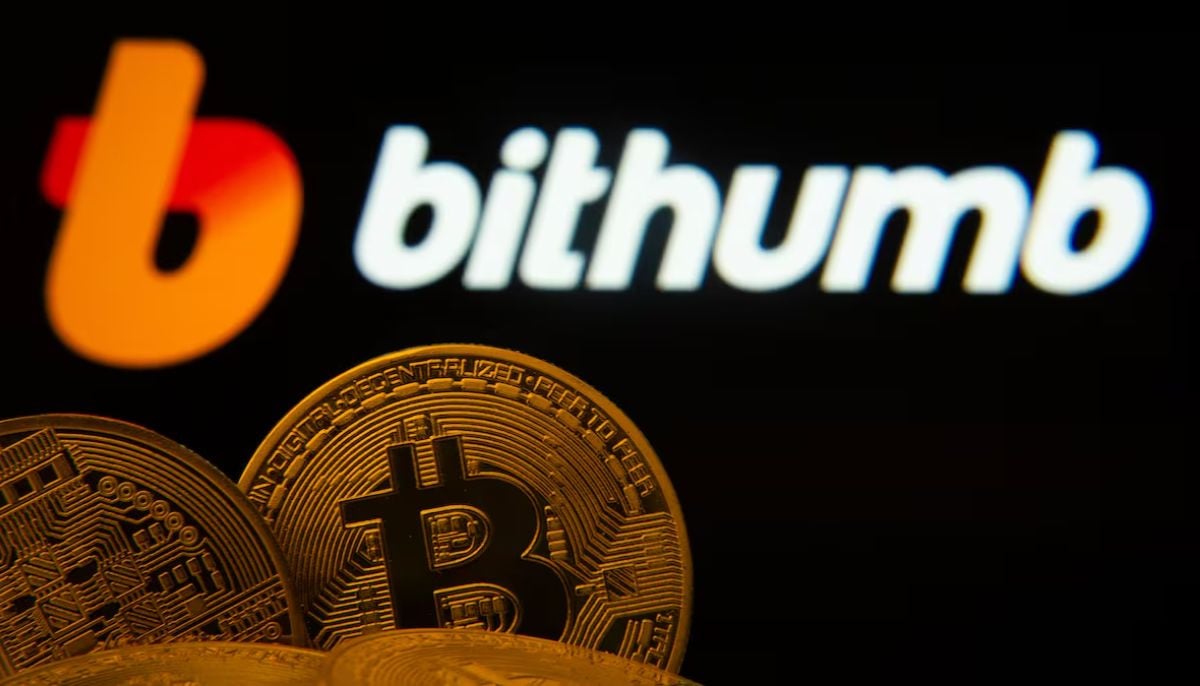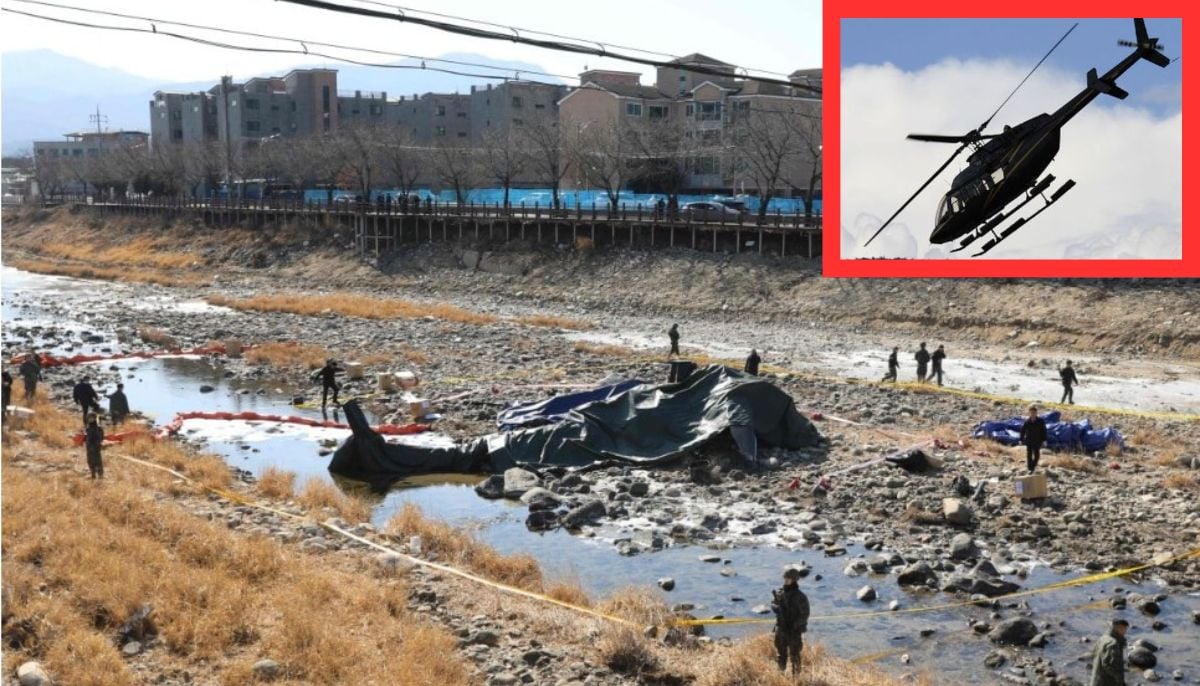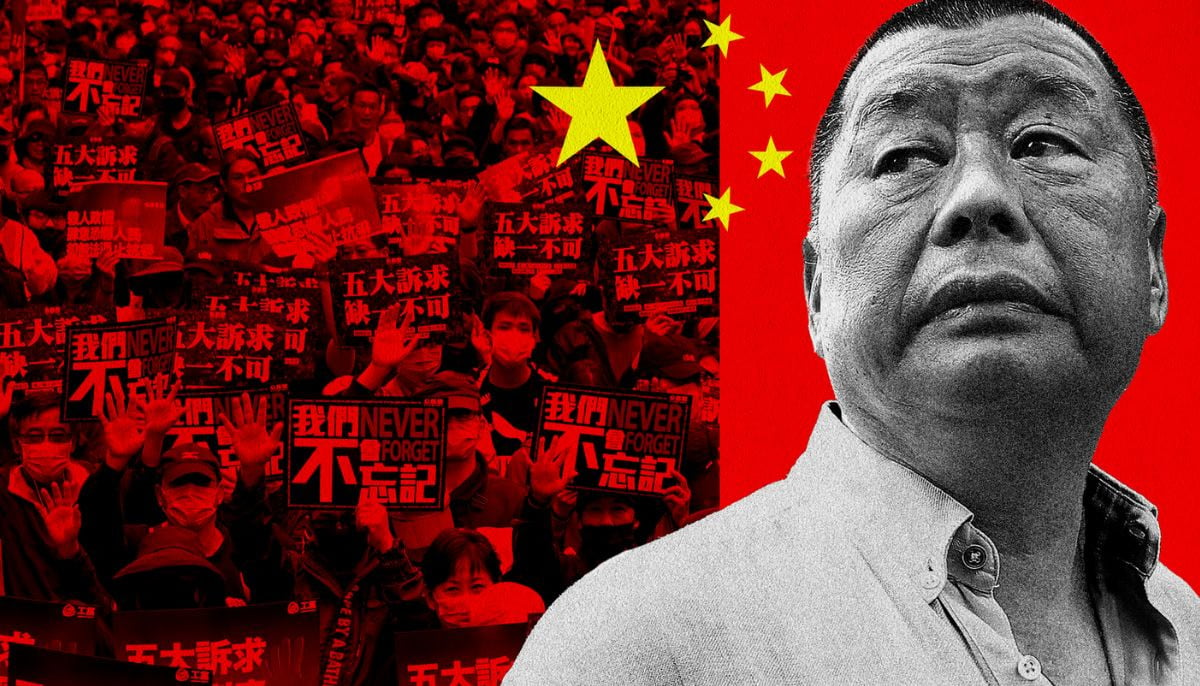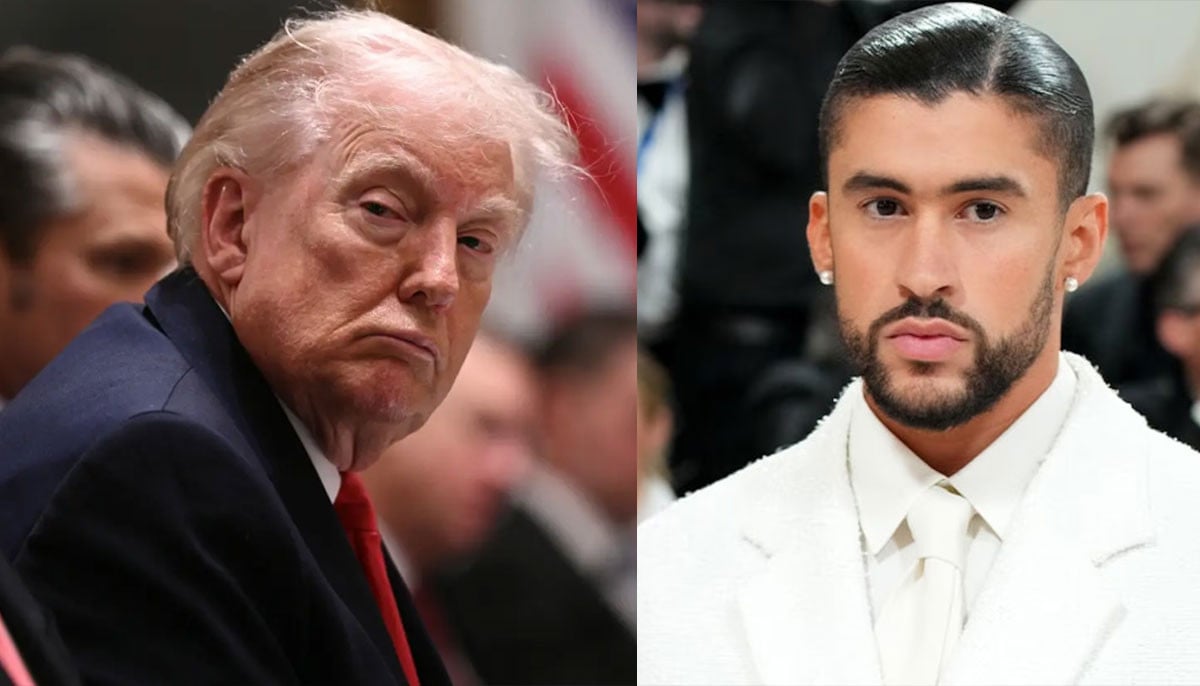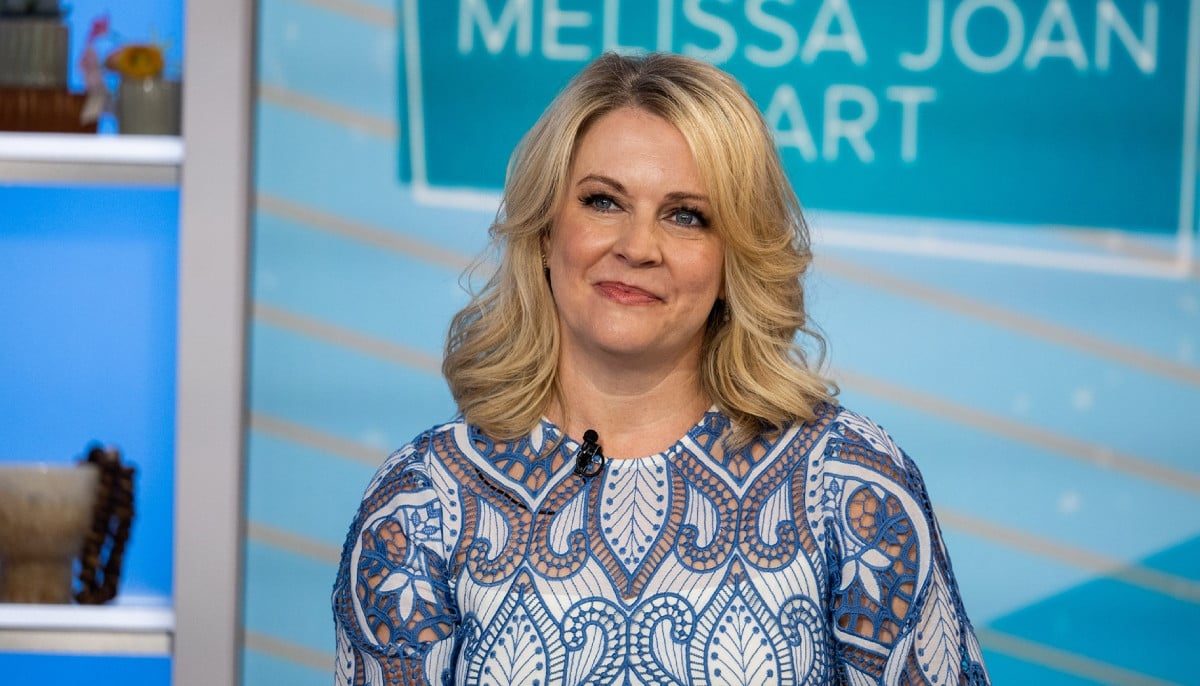Trump set to reveal auto tariffs decision tomorrow
Any country that mistreated American people should expect to receive tariff in return, says White House spox
The White House issued a warning on Monday to nations it considers to be engaging in "unfair" trade practices against the United States, signalling that imminent tariffs may be imposed.
In a press briefing on Monday, White House spokesperson Karoline Leavitt announced that President Donald Trump will detail his tariff plan in a press conference scheduled for Wednesday.
"Any country that has treated the American people unfairly should expect to receive a tariff in return on Wednesday," Leavitt stated during the press briefing, emphasising the Trump administration's commitment to reciprocal trade measures.
She declined to give any further details.
The event will include members of the US Cabinet and is anticipated to outline the administration's approach to addressing perceived trade imbalances. Additionally, Leavitt emphasised that the tariffs aim to protect American workers and safeguard the US economy.
"Wednesday will be Independence Day in America," said Leavitt. "President Trump is doing this in the best interest of American workers."
Leavitt highlighted the Trump administration's focus on domestic economic interests while also pointing out that "high tariffs from other countries are unfair to Americans" and that the US should "also collect tariffs in the same way".
Notably, when questioned about potential exemptions for specific sectors, such as farmers, Leavitt stated: "There are no exemptions at this time."
The White House spokesperson also acknowledged the possibility of "alternative tariffs" being announced, indicating potential flexibility in the administration's approach.
Trump says will be 'kind' with tariffs
President Trump has said he would be "very kind" to trading partners when he unveils further tariffs this week, risking global turmoil to address what he says are unfair trade imbalances.
The Republican billionaire — who has been making unprecedented use of presidential powers since taking office in January — insists that reciprocal action is needed because the world's biggest economy has been "ripped off by every country in the world," and is promising "Liberation Day" for the United States.
But he told reporters Monday: "We're going to be very nice, relatively speaking, we´re going to be very kind."
Critics warn that the strategy risks a global trade war, provoking a chain reaction of retaliation by major trading partners like China, Canada and the European Union.
Already, China, South Korea and Japan have agreed to strengthen free trade between themselves.
But Trump said he was not worried that his action would push allies toward Beijing, adding that a deal on TikTok could also be tied to China tariffs.
The uncertainty has jolted markets with key European and Asian indexes closing lower, although the Dow and broad-based S&P 500 eked out gains.
Market nervousness intensified after Trump said Sunday his tariffs would include "all countries."
The Wall Street Journal reported that advisers have considered imposing global tariffs of up to 20 percent, to hit almost all US trading partners. Trump has remained vague, saying his tariffs would be "far more generous" than ones already levied against US products.
Additional input from Reuters.
-
Japan Elections: Stock surges record high as PM Sanae Takaichi secures historic victory
-
$44B sent by mistake: South Korea demands tougher crypto regulations
-
South Korea: Two killed as military helicopter crashes during training
-
Jake Paul criticizes Bad Bunny's Super Bowl LX Halftime Show: 'Fake American'
-
Hong Kong court sentences media tycoon Jimmy Lai to 20-years: Full list of charges explained
-
Trump passes verdict on Bad Bunny’s Super Bowl halftime show
-
Blac Chyna reveals her new approach to love, healing after recent heartbreak
-
Melissa Jon Hart explains rare reason behind not revisting old roles

